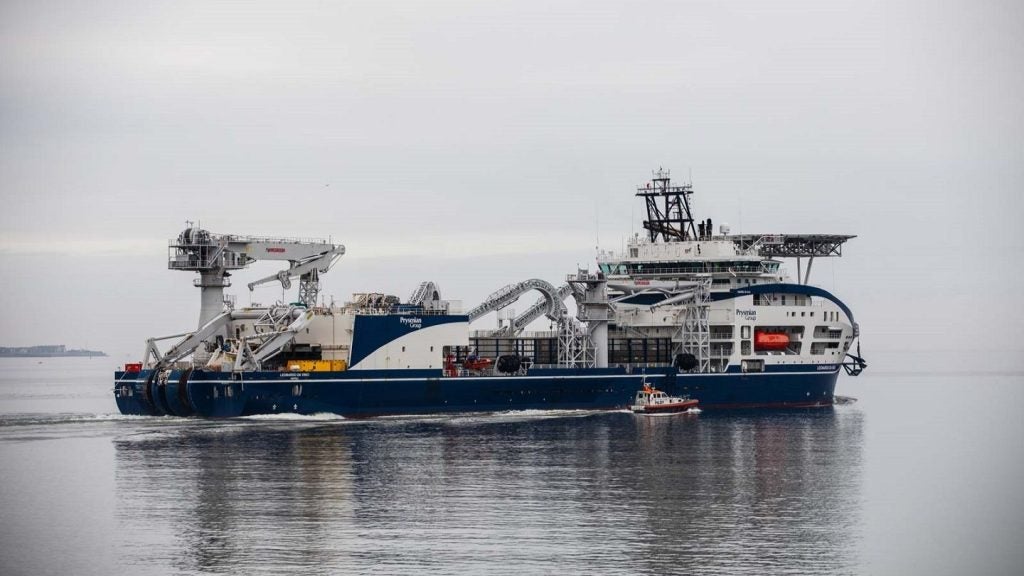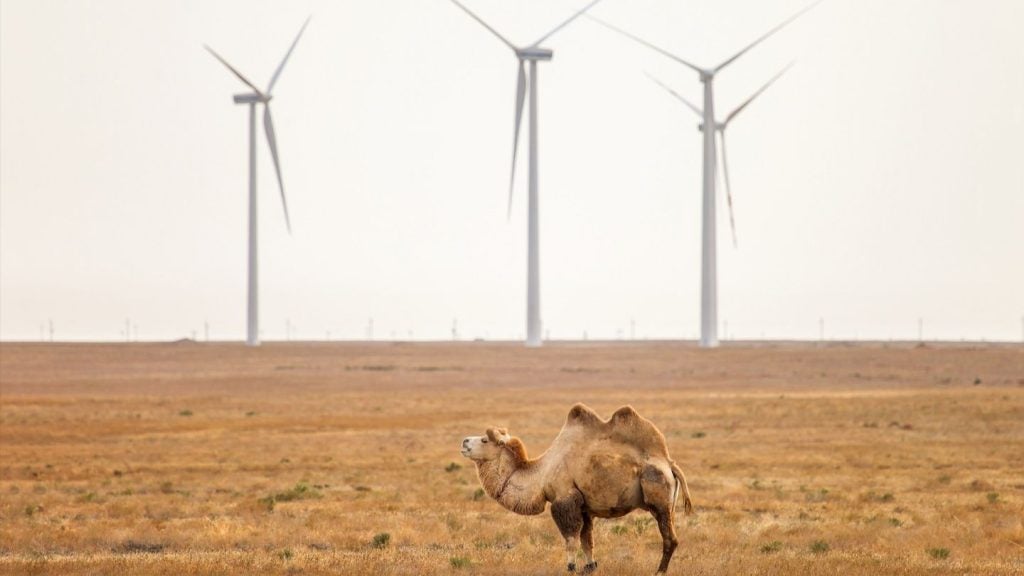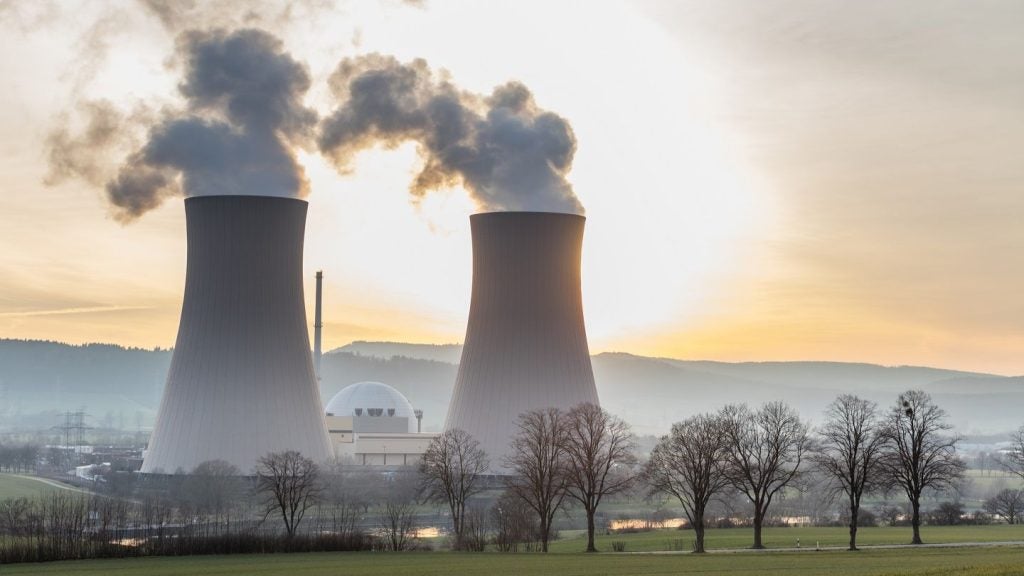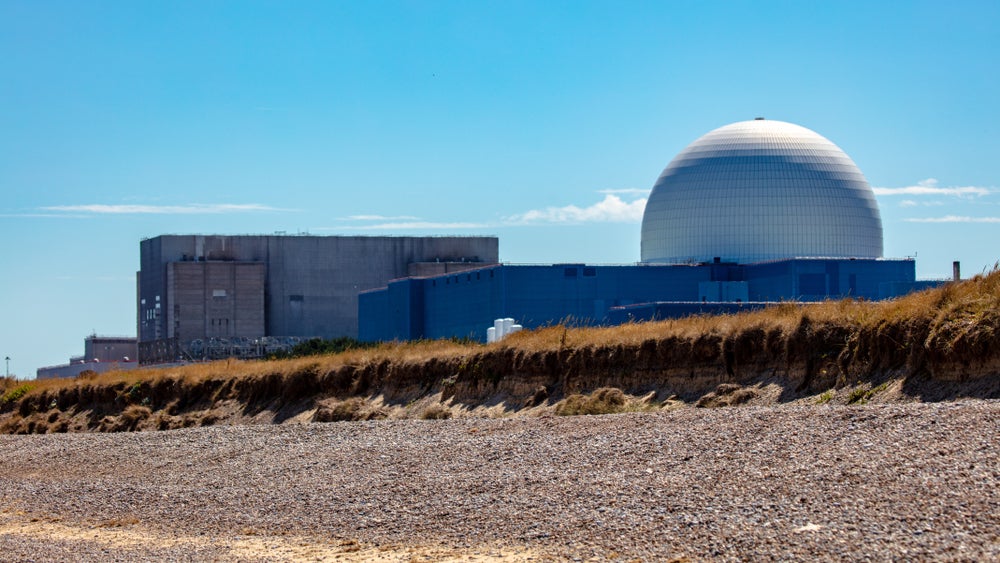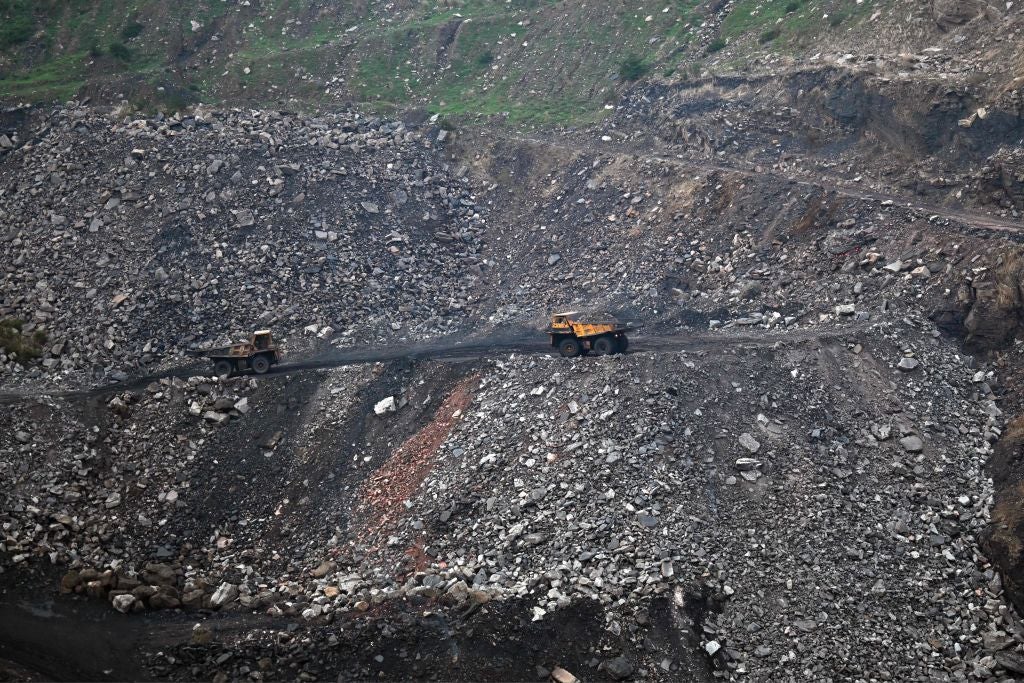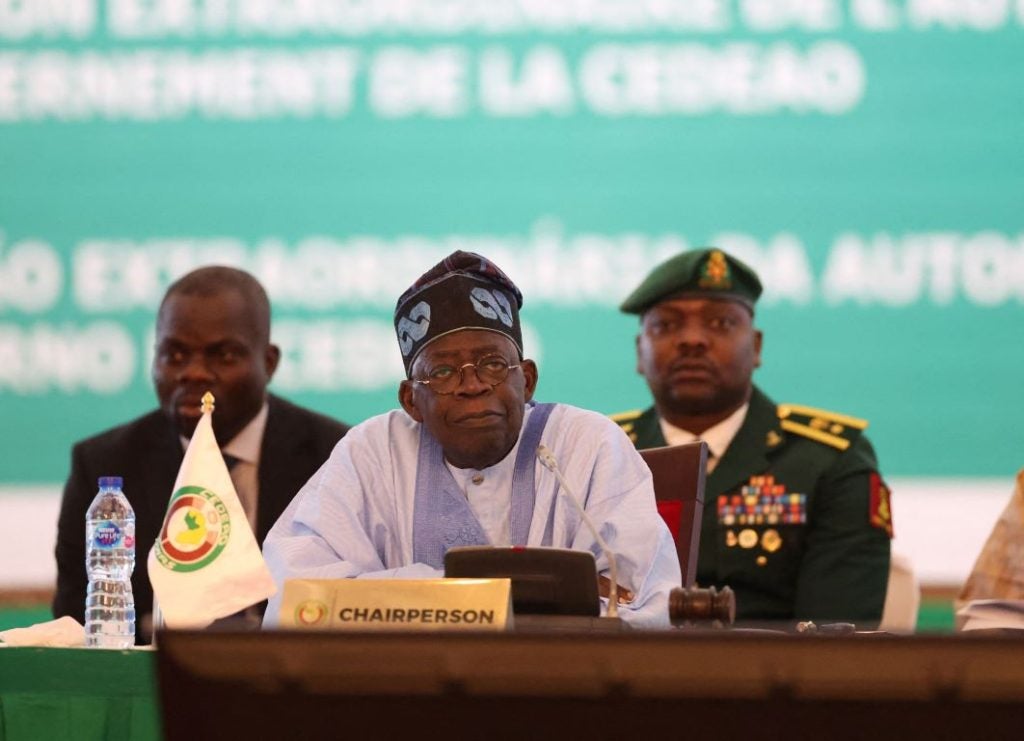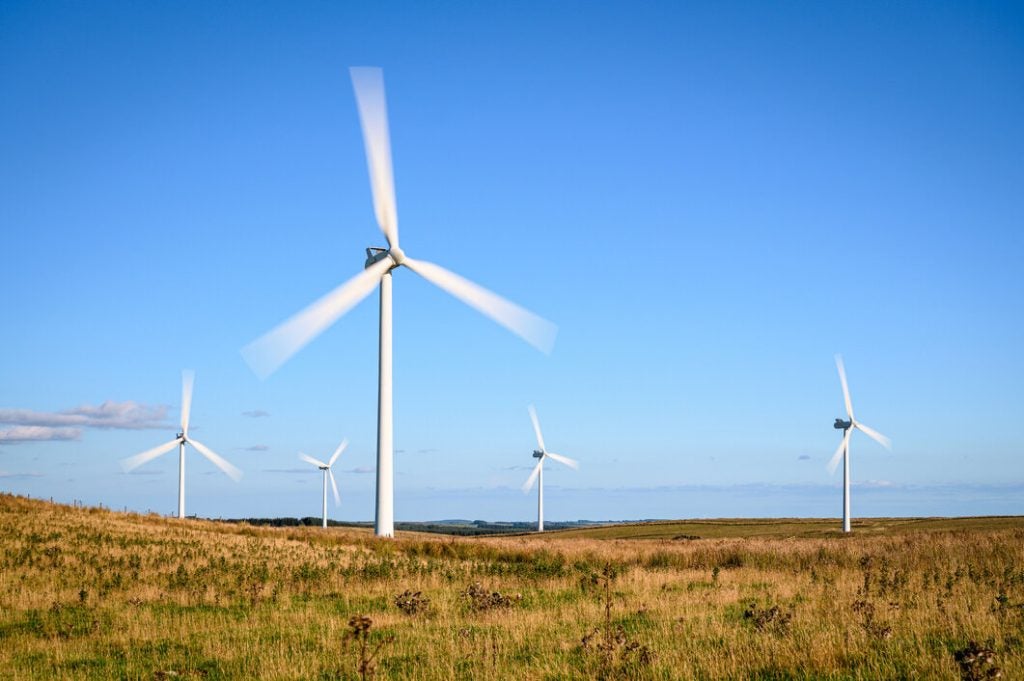German utility RWE has begun offshore construction at its 1GW Sofia offshore wind project on Dogger Bank in the central North Sea, 195km off the north-east coast of the UK.
At present, the project’s cable contractor, Prysmian, is using its vessel Leonardo da Vinci to lay the first section of high-voltage direct current (HVDC) export cable to transmit the power generated from the wind farm back onshore and ultimately to the UK transmission network 220km away in Redcar, Teesside.
This is said to be a milestone for Sofia and entails an investment of £3bn ($3.77bn) by RWE.
The wind farm will be powered by 100 Siemens Gamesa SG 14-222 DD turbines, each with 14MW of power-generating capacity. The project is expected to be completed by the end of 2026.
RWE plans to equip 44 of the turbines with recyclable blades. The operations and maintenance activities of the wind farm will be conducted from the Grimsby Hub, which will also support Triton Knoll and other future projects.
Once built, the Sofia offshore wind farm is expected to generate sufficient power for more than 1.2 million average UK households and contribute significantly to helping the country meet its net-zero goal.
Prysmian is operating the vessel from the Port of Middlesbrough and will lay two 130km sections of cables in parallel. The cable-laying work will begin on the Teesside coast between Redcar and Marske-by-the-Sea.
Each of the cable sections will be pulled underwater from the vessel using cable ducts installed earlier this year.
The cable will pass below the beach, sand dunes and road before emerging at the landfall construction site. This will be followed by the vessel moving from the coast and laying the full-length cable across the set route towards the wind project.
RWE offshore wind CEO Sven Utermöhlen said: “Sofia is RWE’s largest renewable construction project to date and it is furthest from shore. The project is setting new standards in terms of addressing innovation, sustainability and engineering challenges.
“The laying of the first section of export cable represents the culmination of 13 years of planning, preparation and diligence, as well as a huge amount of support from suppliers and stakeholders alike. Building a project of this size and scale is a great opportunity to demonstrate our expertise in delivering offshore wind energy around the globe.”


